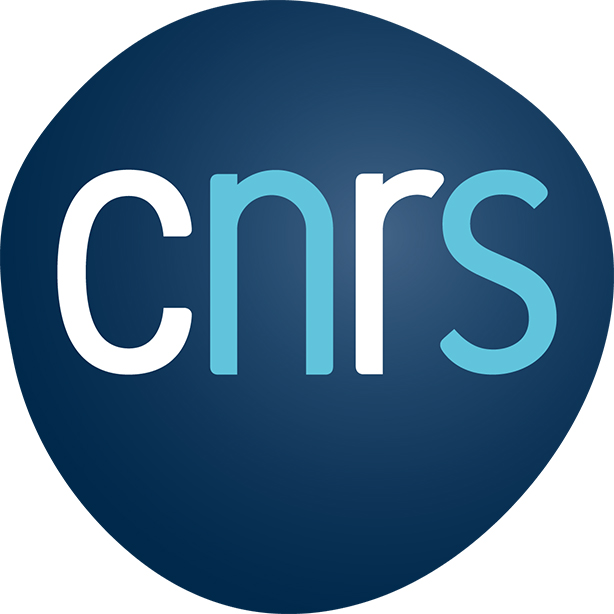Dans le cadre du séminaire de Nuclear Knowledges - Chaire d’excellence en études de sécurité.
The Anatomy of Cross-National Differences in Public Opinion on the Use of Force and Nuclear Weapons
Avec:
Scott D. Sagan, Caroline S.G. Munro Professor of Political Science, former co-director of CISAC, Stanford University.
Abstract:
Numerous polls demonstrate that the U.S. public approval of President Truman’s decision to drop the atomic bombs on Hiroshima and Nagasaki has declined significantly since 1945. Many scholars and political figures argue that this decline constitutes compelling evidence of the emergence of a “nuclear taboo” or a noncombatant immunity norm. New survey experiments, however, reveal a much more hawkish American public willing to support nuclear weapons use. Are the French, British, and Israeli publics more or less hawkish than Americans when it comes to using nuclear weapons? A new four-nation survey experiment demonstrates that, compared to the Americans, the Israeli public is more willing to use nuclear weapons, the French equally willing, and only the British are less willing to use nuclear weapons. We find that a majority of the public in Israel, the U.S. and France prefers using nuclear weapons when they are more effective than conventional weapons, affording little evidence for the prevalence of a strict nuclear taboo. Although the support for a nuclear strike decreases in each country when foreign civilian fatalities increase, 30% of respondents averaging across the four countries prefer a nuclear strike that will prevent a terrorist attack expected to kill 3,000 compatriots, even at the cost of killing 100,000 foreign civilians.
Discutants:
Retrouvez les actualités de la Chaire sur Twitter @NKnowledges











 06/12/2018
06/12/2018 17:30
17:30 



